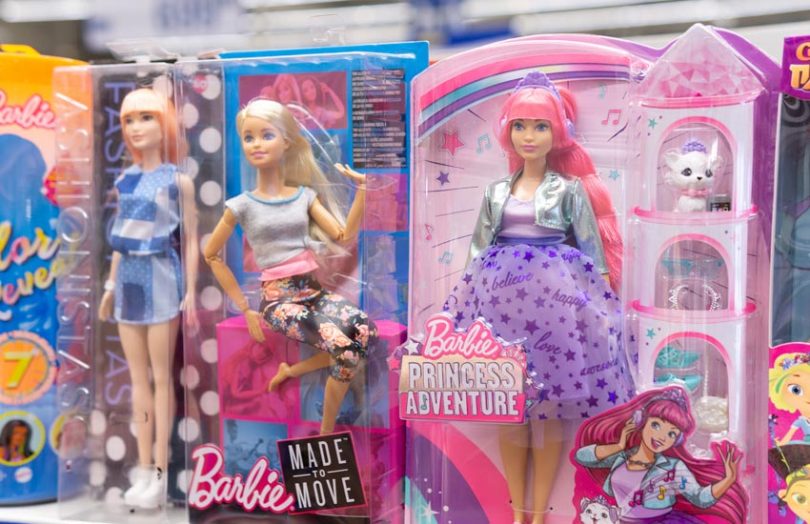Mattel, the parent company of brands such as Barbie and Hot Wheels, says there’s potential in exploring nonfungible tokens (NFTs) as a solution for its brands.
The statement was made by Mattel’s CEO Ynon Kreiz, responding to a question during the company’s Q1 2021 earnings call. “This is definitely an area where we see opportunity, especially when you think about the built-in fan base, the collector segment for classic evergreen brands that we own and we expect to see opportunities there,” he said.
The last few months have seen NFTs launch into the mainstream in a big way. Perhaps starting with the increased profile of NBA Top Shot, it reached fever pitch with the $69 million digital art sale at Christie’s in March. Since then, there’s been a steady stream of news of partnerships between NFT platforms and industry-leading companies, influential figures, and auctions.
Considering the millions spent on single abstract ownerships such as the $3 million auction of the first ever Tweet, and the seemingly endless opportunity to digitize and auction any concept (such as First Trades in the stock market), it is not surprising that the hype would eventually slow down. Despite the launch of various new NFT platforms, collectibles platform NBA Top Shot’s sales have halved since last month. Following its peak at the end of March, there has been a significant decrease in NFT interest over the last couple of weeks.
Nevertheless, there is an opportunity for Mattel to shift how its products are perceived by consumers and establish a stable demand for digital collectibles.
Mattel’s target consumers are children. Although parents are the ones who ultimately make the purchasing decision, children are the ones who have an interest in the product. If children get into NFTs at such an early age, it creates a generation where NFTs become not just mainstream but part of our lives.
A corollary is McDonald’s and its Happy Meals. Whether or not you’re a fan of McDonalds, most children love McDonalds and its Happy Meals, including toy giveaways. This creates future generations of loyal customers. If Mattel adopts NFTs it could propel the entire NFT sector into becoming a normal part of everyday lives.
Of course, these are all expectations. It will be hard to convince someone that a specific product of Barbie’s line, such as the doll’s play summer house, has made any meaningful changes in how we conduct our lives. And HotWheels or another lower risk brand might go first with NFTs. The ultimate influence of NFTs through Mattel’s appeal to children will depend on how the company positions its digital collectibles.
There’s certainly a strong history of creating collectibles targeted at kids, from characters in movies to beanie babies and even pet rocks. Over time these physical collectibles have transformed into more digital ones. In the late 90s, Japan’s Bandai introduced Tamagotchis. These were small electronic devices that featured virtual pets that had to be fed regularly or they would die.
It will be intriguing to see if children are attracted to the abstract ownership concept of NFTs at all, and how that will shift future consumption habits.
Meanwhile, various influential brands have already joined the hype. Playboy has a partnership with Nifty gateways, fashion brands such as Gucci are exploring 3D clothing through digital collectibles, and Batman owner DC Comics is planning NFTs.






